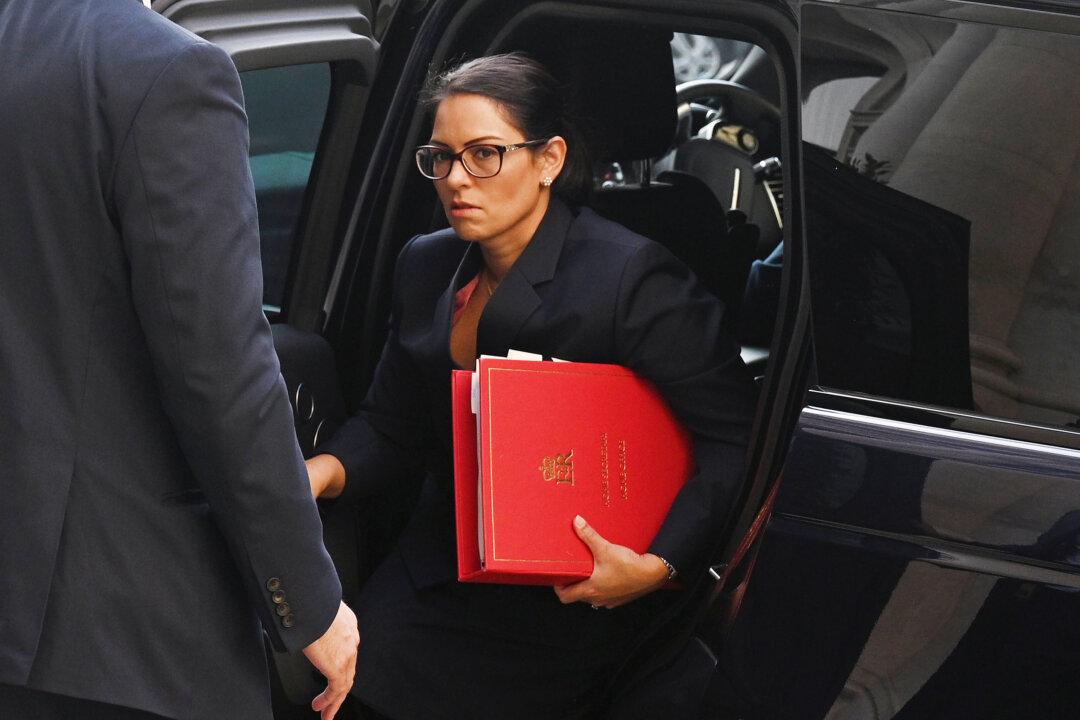After Brexit, when free movement within the European Union ends, Britain will ban more criminals from entering the country, the UK government has said.
This means that criminals from the EU wanting to enter Britain after Jan. 1 will be treated the same way as criminals from other foreign countries, the Home Office announced on Oct. 22.





